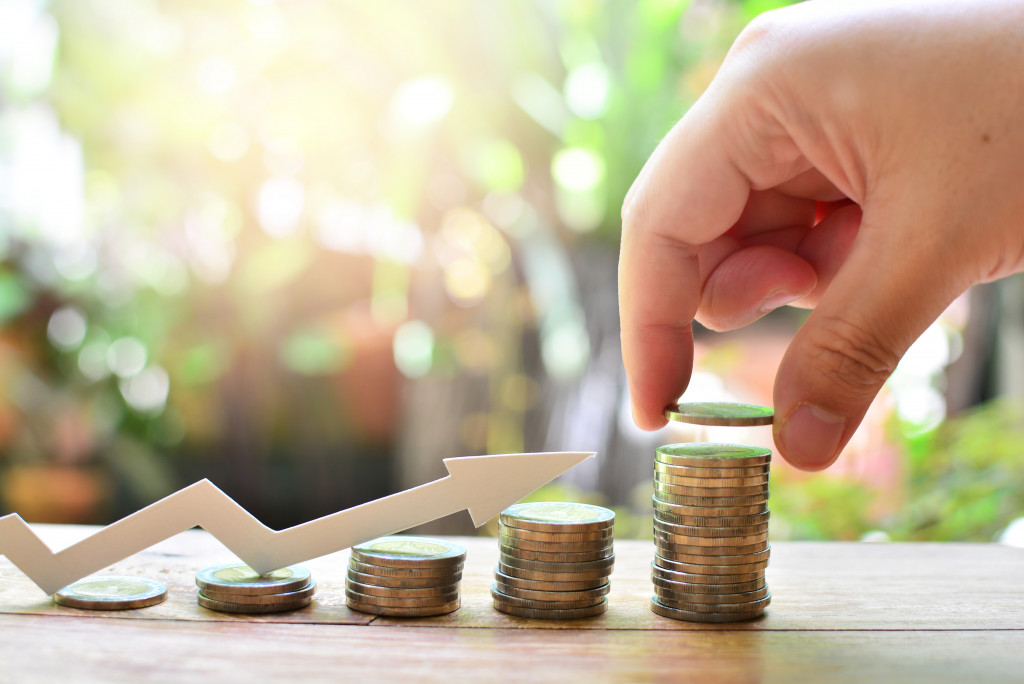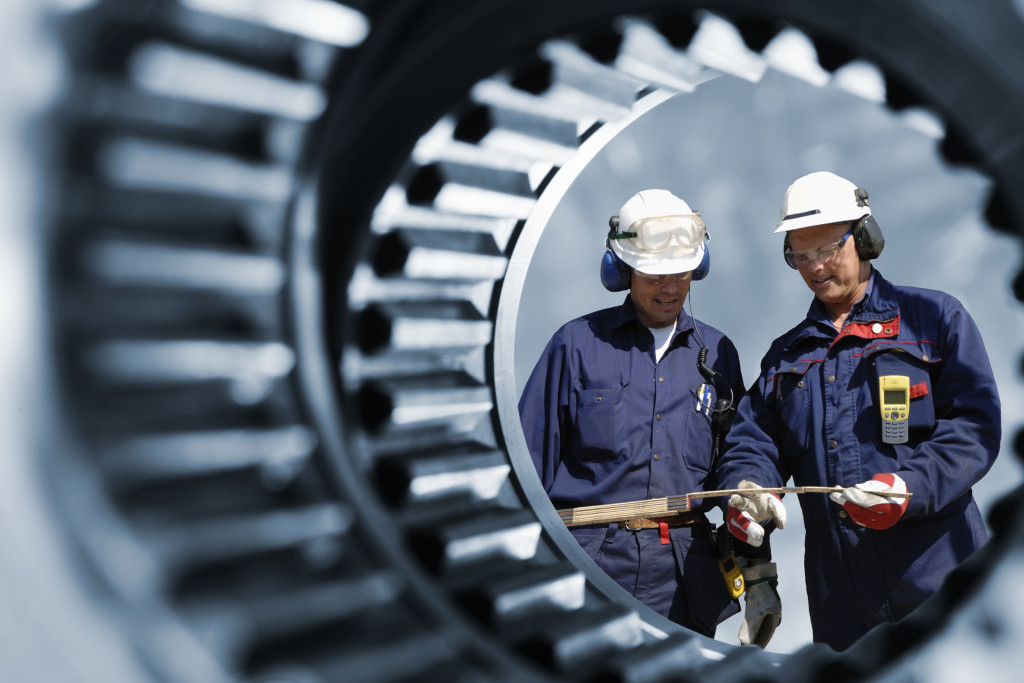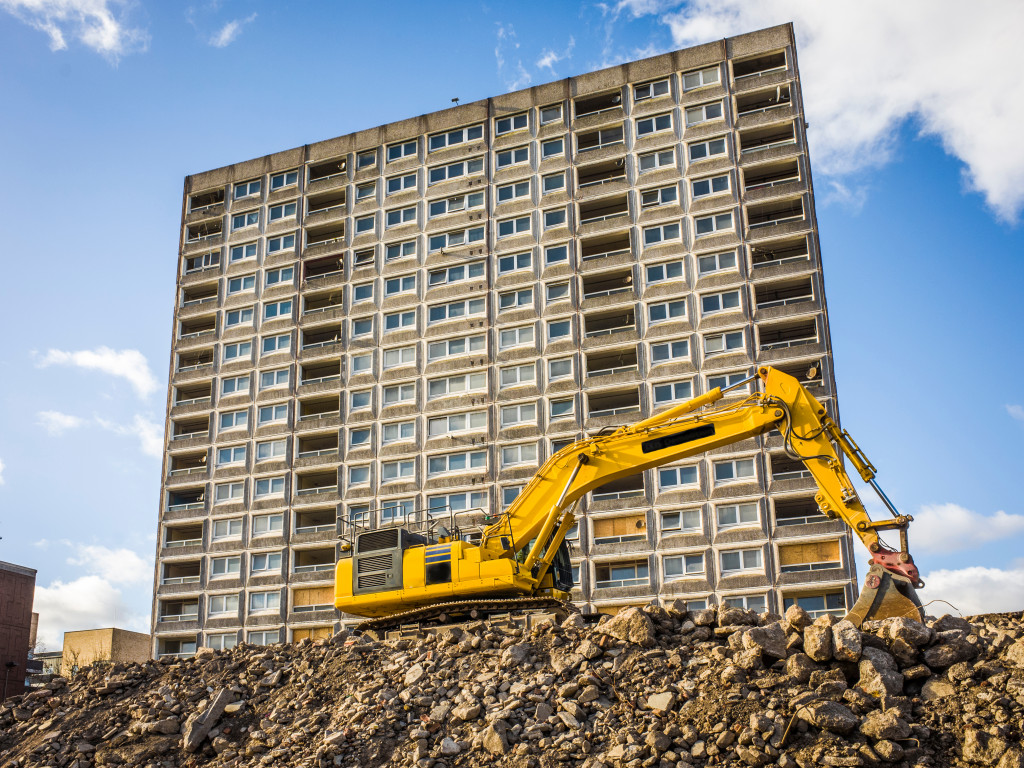- Understanding the specific uses of each piece of construction equipment is vital to optimizing productivity and efficiency for your project.
- Evaluating the cost-benefit ratio of machinery is essential, considering not only the initial price but also the total cost of ownership and the expected benefits.
- Investing in high-quality machinery is crucial as it may result in fewer repairs, less downtime, improved efficiency, and better resale value.
- Proper operator training is necessary to ensure efficient use of machinery and a safe work environment.
- Regular maintenance of construction machinery is crucial to optimal performance and maximizing lifespan.
When investing in equipment for your construction business, making intelligent, strategic decisions is crucial. The machinery you choose can significantly influence your project’s success, affecting efficiency, productivity, and safety. Here are some top tips to help guide you in your investment journey, ensuring you get the most value for your money.
Assess Your Needs
Before making any significant investment in construction machinery, it is essential to thoroughly assess your project’s specific needs. Here are some tips:
Know the Uses of Equipment
Understanding the applications of each piece of equipment is critical for making an informed purchase. For instance, knowing the uses of an asphalt paver is key to any construction project that involves creating smooth, paved surfaces such as roads or parking lots. This particular equipment is specifically designed to evenly distribute, shape, and partially compact a layer of asphalt onto roadways or other designated areas.
Recognizing an asphalt paver’s diverse capabilities and specific functions will help you determine its necessity for your project. Understanding its uses can also guide your selection process, ensuring you choose a model that best suits your project’s requirements and enhances your team’s productivity and efficiency. With this knowledge, you can make strategic investments to impact your project’s success positively.
Consider the Cost-Benefit Ratio

Analyzing the cost-benefit ratio of your potential machinery investment is a crucial step in the decision-making process. It’s essential to consider not just the initial purchase price, but the total cost of ownership, which includes maintenance expenses, fuel costs, and potential resale value. Ponder the lifespan of the equipment and how much use you expect to get out of it.
Compare this to the cost of renting similar machinery for the same duration. Moreover, contemplate the machinery’s benefits, such as increased productivity, improved quality of work, and time-saving capabilities. Remember that a higher upfront cost might be justified if the equipment brings significant long-term benefits or cost savings. Using the cost-benefit analysis, you can make a more informed decision that maximizes your investment and contributes to the overall success of your construction project.
Invest in Quality
Investing in high-quality equipment should be a priority for every construction business. While it might be tempting to opt for cheaper, lower-quality machinery to save on upfront costs, the long-term implications could be detrimental. High-quality equipment is generally more durable, requiring fewer repairs and less downtime.
It often has higher performance levels, improving efficiency and contributing positively to project outcomes. Furthermore, quality machinery tends to have a better resale value, making it a beneficial long-term investment.
Investing in quality doesn’t mean buying brand-new equipment; many reputable suppliers sell used equipment thoroughly inspected and maintained. Remember, the quality of your equipment reflects the quality of your work and the reputation of your business. Therefore, never compromise on quality when investing in construction machinery.
Training for Operators

Ensuring comprehensive training for operators is critical to investing in construction machinery. Even the highest quality equipment can fail to deliver its full potential without proficient operators. Proper training ensures efficient and effective use of machinery and contributes significantly to the safety of the work environment.
It minimizes the risk of accidents caused by improper machinery handling, protecting the well-being of your workforce. It can also contribute to the longevity of your machinery, as operators trained in the correct usage and maintenance procedures are less likely to cause unnecessary wear and tear.
Therefore, when investing in new machinery, factor in the cost and time required for operator training. Consider working with suppliers who provide training support as part of their sales package. Remember, an investment in training is an investment in efficiency, safety, and the long-term sustainability of your machinery.
Maintenance and Repair
Regular maintenance and repair of your construction machinery are integral to the long-term success of your investment. This preventive measure ensures your equipment remains in optimal operating condition, minimizing downtime and maximizing productivity. Planned maintenance can identify potential issues before they escalate into major problems, thus saving you costly repairs or replacements in the long run.
Furthermore, well-maintained equipment is safer for operators, reducing the risk of accidents due to machinery malfunction. Many suppliers offer maintenance packages or after-sales services, which can be a valuable addition when purchasing equipment. Remember, the key to maximizing the lifespan and efficiency of your machinery is a well-implemented and adhered-to maintenance and repair schedule.
Lease or Buy
Deciding whether to lease or buy construction equipment is a significant decision that can greatly impact your business’s financial health and operational efficiency. When considering this choice, evaluate your business’s short-term and long-term needs, financial capabilities, and project demands.
Leasing offers flexibility, allowing you to access the latest technology without a large upfront cost, making it ideal for short-term projects or testing new machinery. However, it may not be cost-effective in the long run. Conversely, purchasing equipment can be a substantial investment upfront but more economical over time, especially if the machinery is used frequently and maintained properly.
It also gives you asset ownership, which can benefit business valuation, and the freedom to modify or sell the equipment as needed. Ultimately, the choice between leasing and buying should be based on thoroughly evaluating your business needs, financial situation, and strategic goals.
Remember, an informed decision today will pave the way for a more prosperous and productive future. So, equip your business strategically. Get started today, and take your construction business to new heights.

